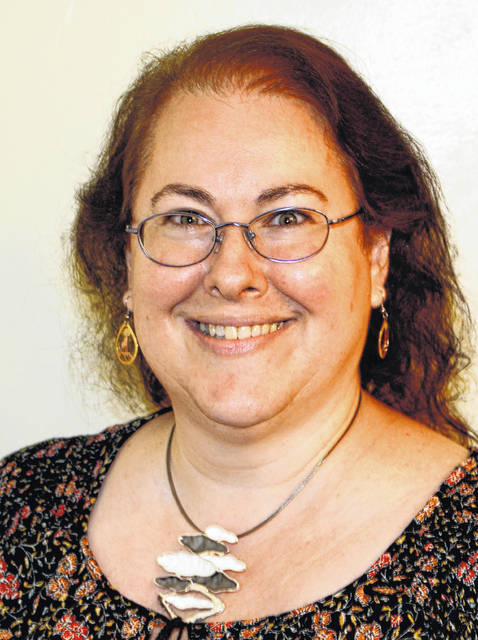
The National Center for Health Statistics reported that Ohio’s rate of overdose deaths has grown 41 percent from 2016-2017. Clinton County has the fourth-highest rate per capita of overdose deaths in Ohio (Ohio Department of Health 2018).
Opioid addiction is an insidious disease that traumatizes families, communities and our nation. More than 115 people in the US die from overdosing on opioids every day.
Addicts are criminalized and seen as immoral and flawed. This focus has netted poor recovery results.
Our focus needs to change and see addiction as the chronic illness that it is.
Opioid addiction is a complex yet manageable disease that requires community collaboration, a variety of supports, and diverse programming. Access to services can be challenging due to program options, availability, waiting lists, geographic location, transportation, and fees.
It would behoove us to see that access to such desperately needed services are streamlined and timely. Follow-up care is also a must for the continued support of those suffering from this chronic long term disease.
Collaborative community initiatives such as the Clinton County Drug Court have made amazing strides in the successful treatment of addictions. This effort brings together multiple community service personnel, along with community members and experts, law enforcement officials, probation officers, community services, and the major proponent of the program Judge John Rudduck.
Clients are held accountable for mistakes and applauded for their successes. The treatment team addresses multiple areas of client challenges and needs, not just addiction alone.
This holistic treatment appears to make a difference for many on the road to recovery and a healthier life. They utilize current community resources for sober housing, detox, rehabilitation, counseling, and groups but there needs to me more.
New approaches to addressing addiction, cravings, and withdrawal have been studied and implemented in other communities, states, and countries. Community support drop-in centers have been utilized in other countries and have been successful in connecting with clients when they are ready to make a change or reach out for help.
When communities get invested in the treatment and recovery process amazing things can happen.
Locally we have community churches and local employers who have offered programming and employment opportunities to those in recovery.
Sugartree Ministries offers support meetings, human connection, and meets basic human needs. The more we work together the more we can affect change and the trajectory of someone’s life.
As a chronic disease addiction needs individualized treatment designed to meet each client’s needs.
We all have different strengths and challenges which need to be taken into consideration when creating treatment plans and goals. A variety of evidence based programming need to be available for those in recovery.
All levels of client need should be addressed including medical, psychological, daily living, healthy socialization/support opportunities, and spiritual/religious connections. Without treating the whole person you only address a small portion of the problem and any success will be short lived. Agencies like Transformative Wellness have truly taken on this challenge and provide holistic services to their clients for many challenges.
Companion treatments have been shown to assist in addiction recovery including Neurologist Doctor Barry Bittmen’s HealthRHYTHMS creative musical expression protocol, used as a catalyst for nonverbal and verbal disclosure leading to improved quality of life and the reduction of stress.
Telemedicine is now being implemented in rural Appalachia to help provide treatment for their growing numbers of opioid addiction. Acupuncture has been used in several states to reduce cravings and ease withdrawal symptoms.
The federal government has committed itself to addressing this nationwide Opioid Health Emergency. US Department Secretary of Health and Human Services Price stated that 90 percent of Americans struggling with addiction are not currently getting treatment.
One of the five federal priorities to address this emergency is improving access to treatment and recovery services. There is funding being provided for research of new treatments, new services, and service expansion.
Opioid addiction affects all of us, we need to take up the call and create collaborative community programming and long term support for this chronic illness.
Let’s expand existing services and provide more complimentary treatment and service options.
Let’s address issues that slow access to services and barriers to client participation. This leads to long term connections which support positive growth toward long term recovery and healthy living.
We all win when those struggling with addiction succeed and our communities are stronger and better for it.
Wendy Grab, MSW/LISW, is Assistant Professor of Social Work Wilmington College.


